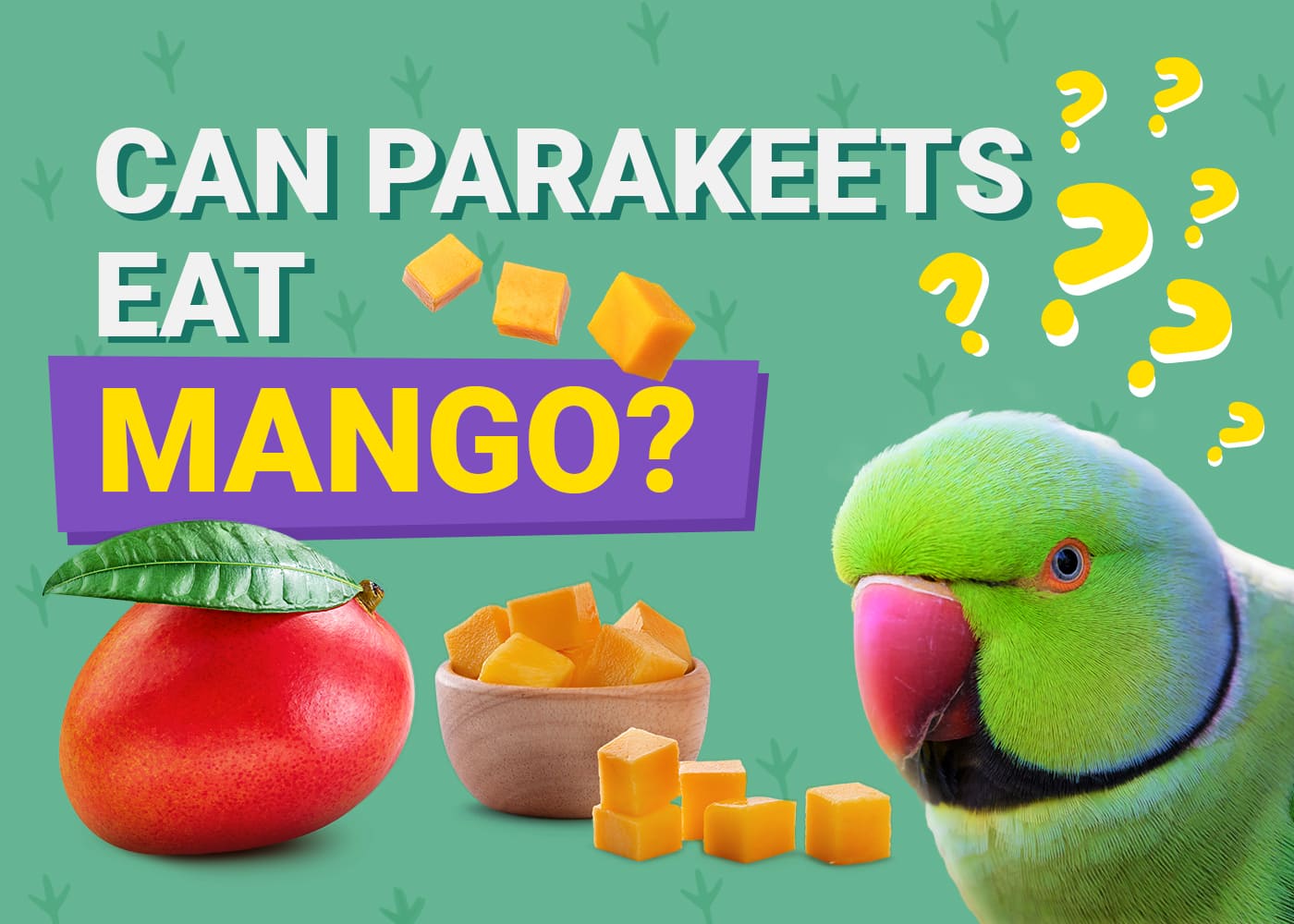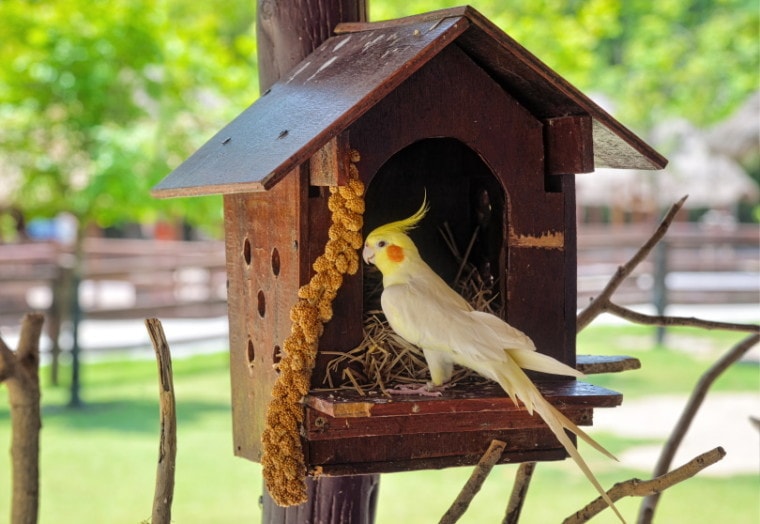
If your cockatiel lives alone and without a mate, you may be surprised to find that it has laid an egg. The truth is, like chickens, cockatiels do not need a mate to lay an egg. Similar to the chicken eggs we eat, these eggs are unfertilized and therefore not viable. So, the question is, what do you do with it? In this article, we will go over what you should do if your cockatiel unexpectedly lays an egg and how to prevent it from happening in the future.
Why Some Cockatiels Lay Eggs Without a Mate
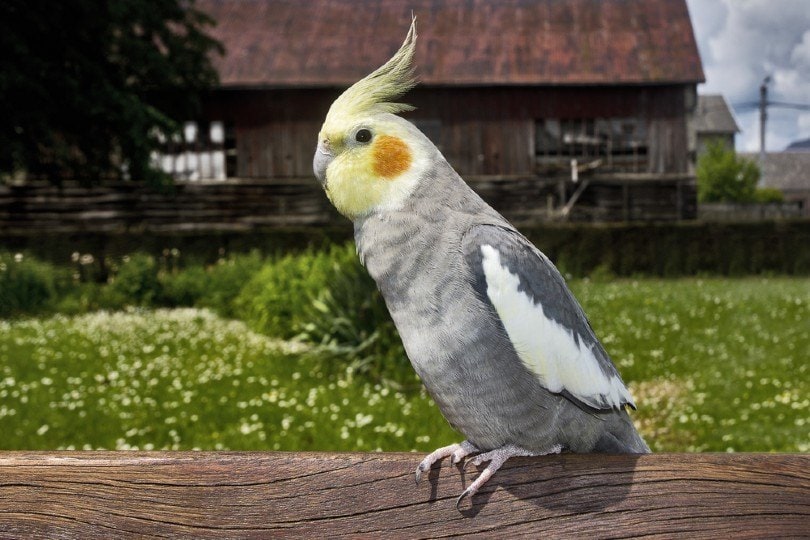
If you have a female cockatiel, you should know that there are certain environmental factors that can make it more likely that your bird will go into breeding mode. One example is pair bonding. In order to mate, a female cockatiel must be bonded with a male cockatiel. However, sometimes they bond inappropriately with objects in their environment such as a toy, stuffed animal, or even their own reflection in the mirror. Other birds can also influence your cockatiel’s reproductive instincts; if you have two females and one begins to lay eggs, it could stimulate your other bird to begin the reproductive cycle.
The 3 Possible Health Complications Associated With Egg Laying
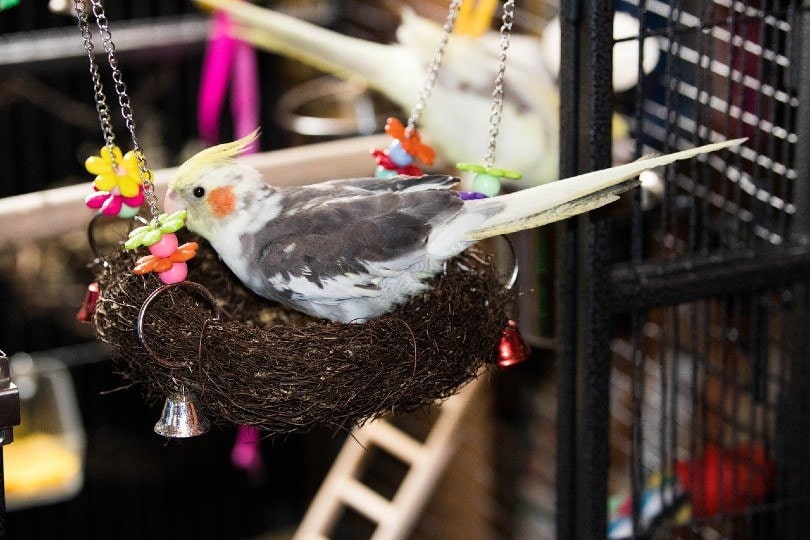
Just like in humans, there are certain risks associated with reproduction in birds. If you think your cockatiel may be experiencing one of the following problems, don’t hesitate to contact your veterinarian.
1. Egg Binding
Egg binding occurs when a bird cannot expel an egg or when an egg takes longer than usual to pass through a bird’s reproductive system. One of the major reasons for egg binding is a nutritionally insufficient or imbalanced diet. Nutrient deficiencies can cause an egg to be soft-shelled, which can cause them to get stuck in the oviduct. If you notice your bird sitting on the bottom of its cage, having problems breathing, or straining, it could be experiencing egg binding.
2. Egg Yolk Peritonitis

Egg yolk peritonitis is a condition that can occur in all birds, but it is particularly common in cockatiels and some other breeds. Egg yolk peritonitis occurs when a yolk from an egg that is ruptured or not completely shelled enters a bird’s body cavity. As a result, the bird’s abdomen can become filled with fluid, which tends to cause breathing problems and a decrease in appetite.
3. Hyperlipidemia
High egg production can lead to an abnormally high amount of lipids and proteins in a bird’s bloodstream. A sustained high level of fats can cause a bird’s blood to thicken, which can result in a stroke.
Cockatiels are generally healthy birds, but when something goes wrong, you need a resource you can trust. We recommend The Ultimate Guide to Cockatiels, an excellent illustrated guide available on Amazon.
This detailed book can help you care for your cockatiel through injuries and illnesses, and it also offers helpful tips on keeping your bird happy and healthy. You’ll also find information on everything from color mutations to safe housing, feeding, and breeding.
What to Do With the Egg
If the Egg Is Fertile
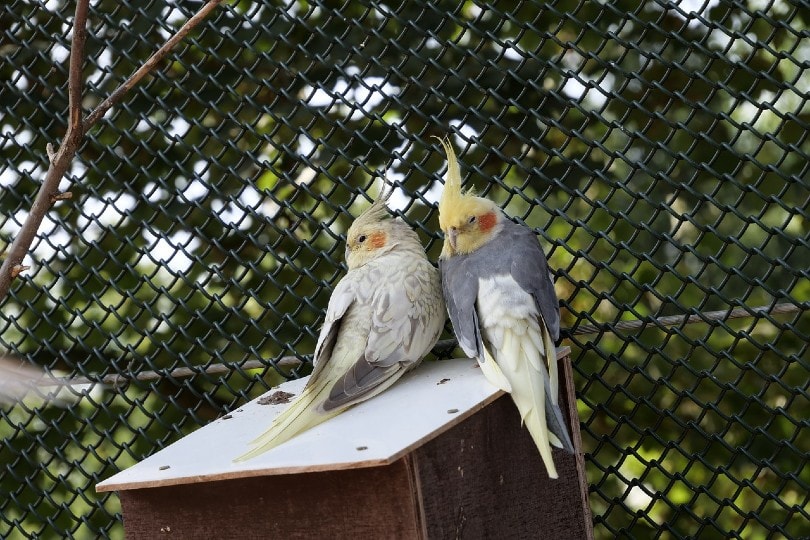
If your bird was exposed to a male cockatiel before she laid the egg, there is a chance the egg could be fertile. To find out whether or not the egg is viable, you can use a process called candling in which you hold an egg up to a source of light to see what is inside. Wait a few days after the egg has been laid to candle the egg. A fertile egg should have a dark dot in the center with spidery veins protruding from it. That dark spot is the embryo. If the egg is unfertilized, the egg should look more or less transparent except for the faint shadow of the yolk. If you’re still not sure what you’re looking at, you could ask a bird breeder for guidance.
Once you determine that the egg is fertile, you can either return it to its mother for incubation or utilize an incubator. The incubation time should be about 20 days long. If you are going to let your cockatiel incubate her own eggs, consider providing her with a nesting box. A nesting box will give her some privacy while she’s sitting on her eggs. Once the eggs hatch, you should keep the chicks with their parent until they can feed themselves, at about 4–6 weeks old. Give your adult cockatiel more food during this time so she can adequately feed her chicks and talk to your veterinarian about whether or not it is appropriate to give her any nutritional supplements.
If you have a male cockatiel and want to keep breeding your birds, it is important to know that they should not breed more than once or twice per year. Unlike other birds, cockatiels can breed any time of year, but that doesn’t mean they should; breeding takes quite a toll on their health. Keep your cockatiels in separate cages to limit opportunities for mating until your female has had plenty of time to rest.
If the Egg Is Infertile

If you determine that the egg is infertile, you should still keep it with your cockatiel for the time being; if you remove it too early, your bird may lay more eggs to replace those she lost. If you aren’t sure whether or not the egg is infertile but you do not want to hatch the egg, you can also briefly remove the egg from the nest to boil or freeze it before returning it to your bird. There will usually be more than one egg, so make sure you have removed all potentially viable eggs and replaced them with sterile or fake eggs. You can keep the eggs in your cockatiel’s nest for around 3 weeks, or about the amount of time it would normally take for them to incubate and hatch. Then, one by one, you can begin removing them from the enclosure. Eventually, your cockatiel will realize they are not viable. After a while, she should abandon them.
Tips for Preventing Your Bird From Laying Eggs in the Future
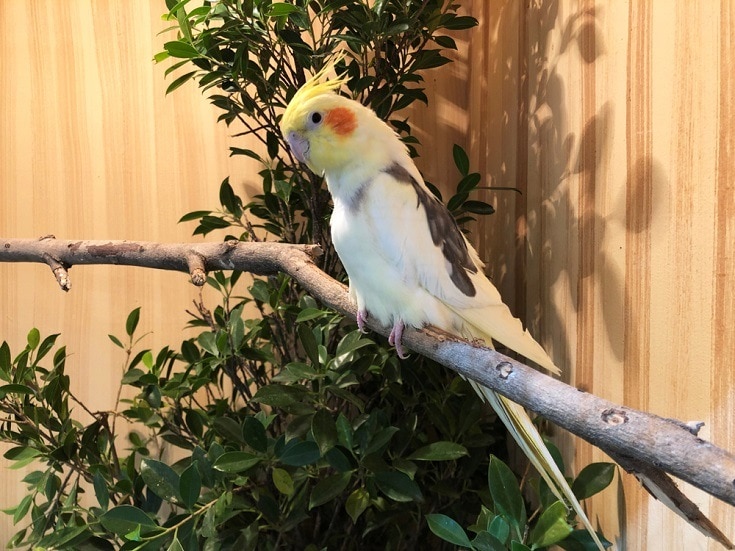
Some cockatiel owners are surprised when their bird lays an egg because they did not realize it was a female bird. If you have any doubts about your bird’s sex, bring it to your vet’s office. Your vet should be able to easily tell you the sex of your bird. Knowing that you have a female bird can help prepare you for the possibility that it might lay an egg.
If you think your bird has inappropriately bonded with something in its environment, try removing that object. Other strategies include removing anything from your bird’s cage that it might associate with nesting, such as cardboard boxes; moving your bird’s cage to a different area of the house so that it is a little bit less comfortable with its surroundings; and covering its cage for a minimum of 12 hours per night to communicate to your bird that it is not spring, and therefore not the appropriate time to lay eggs. If you find that the behavior reoccurs, talk to your vet to figure out the best solution.
Conclusion
You may not expect your pet cockatiel to lay an egg, but it does happen. If you want to prevent this behavior, there are certain steps you can try. If you are interested in breeding your cockatiels, talk to your vet first about providing your birds with the proper nutrition they need to ensure that the process goes smoothly.
You May Also Like: My Parrot Laid an Egg, Now What?
Featured Image Credit by: Parinya Feungchan, Shutterstock





